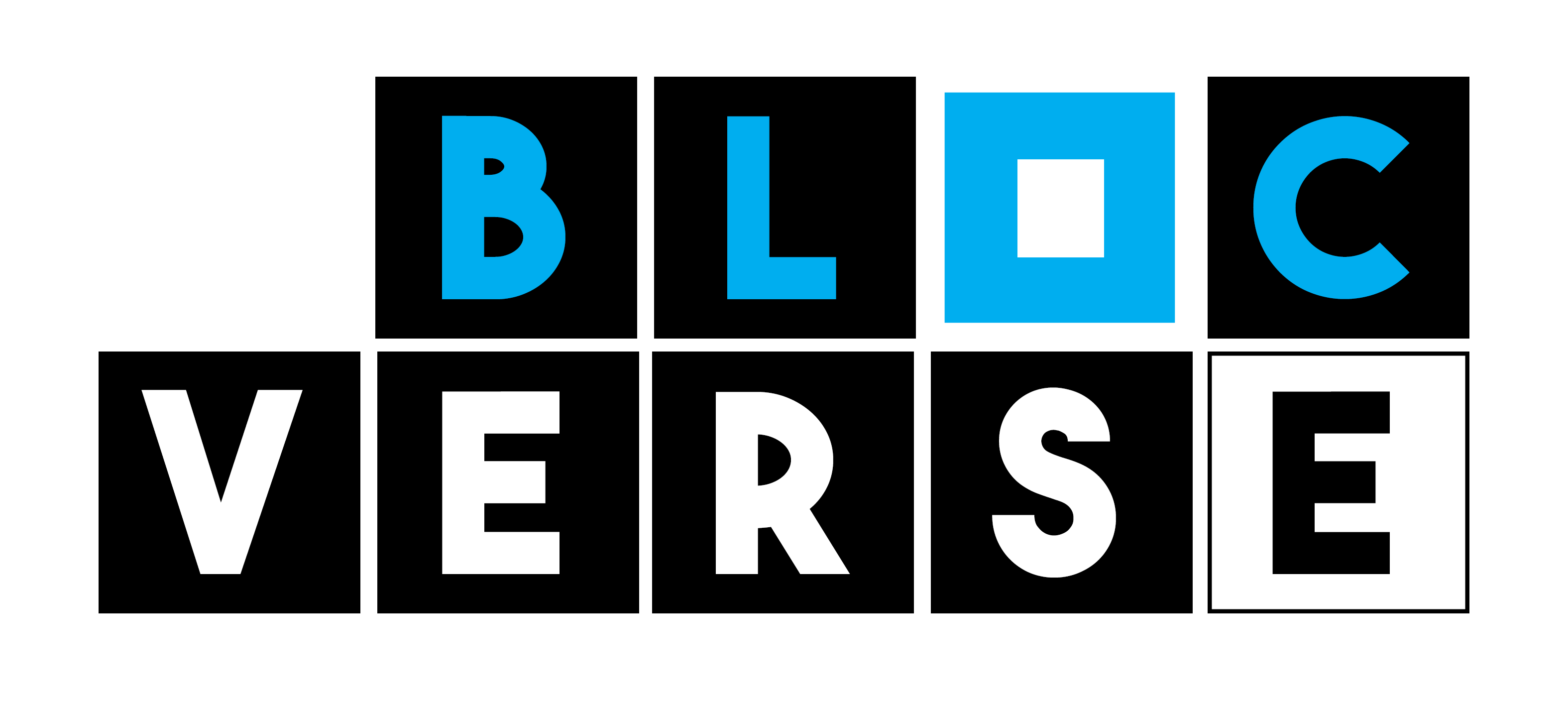Hello there!
Welcome back to our bi-weekly edition of Web3 News Updates.
This keeps you in the loop with the blockchain industry’s happenings and whatnot, ranging from startups, funding, adoption, and partnerships.
Here’s a rundown of events and news over the last two weeks:
- Bithumb’s Ex-Chairman Faces Eight-Year Prison Term in Cryptocurrency Governance Legal Battle
- Republic Partners with Avalanche for Profit-Sharing Investment Note in Tech Venture
- Polygon gas fees surge 1,000% amid Ordinals token craze
- Worldcoin Faces 6% Price Drop Following Sam Altman’s Removal as OpenAI CEO
- Evmos Unveils Plan to Utilize Native Cosmos Assets as ERC-20 Tokens Through EVM Extension Software
- Philippines Initiates Historic Sale of $179M in Tokenized Treasury Bonds
Bithumb’s Ex-Chairman Faces Eight-Year Prison Term in Cryptocurrency Governance Legal Battle
The legal battle involving Lee Jeong-hoon, the former chairman of Bithumb, reflects the challenges and complexities surrounding governance issues in the cryptocurrency industry.
The accusations against Lee, particularly regarding his alleged attempt to revamp Bithumb’s governance for personal gain and circumvent financial regulations, highlight the need for clear regulatory frameworks in cryptocurrency.
The prosecutors’ claim that Lee did not disclose challenges in the BXA Coin listing and received payments without informing others about the decision not to list BXA Coin underscores the importance of transparency and accountability in cryptocurrency exchanges. The potential eight-year prison sentence sought by South Korean prosecutors indicates the severity of regulatory authorities’ views on such actions.
Lee’s defence, which questions the reliability of statements and insists that Kim was informed about the progress of BXA Coin’s listing, adds a layer of complexity to the case. If Lee’s appeal is successful, it could impact his personal legal situation and set a precedent for legal proceedings involving cryptocurrency exchanges and governance in South Korea.
The broader implications of this case extend to Bithumb’s future and the fate of BXA Coin. A guilty verdict could lead to a reassessment of governance frameworks in cryptocurrency exchanges, potentially resulting in increased regulatory scrutiny. This comes at a crucial time as Bithumb prepares for an initial public offering (IPO) on KOSDAQ by 2025, making the appeal’s outcome pivotal for the exchange’s future trajectory.
The case highlights the dynamic nature of the cryptocurrency industry and emphasizes the necessity for well-defined regulatory frameworks to address governance issues and maintain trust among investors and stakeholders.
As the appeal result awaits, the cryptocurrency community and investors will be closely watching, recognizing the broader implications for the industry.
Republic Partners with Avalanche for Profit-Sharing Investment Note in Tech Venture
Republic, a neo-investment and technology firm, is set to revolutionize the investment landscape by launching its blockchain-based security token, the Republic Note.
This innovative digital asset, designed for profit-sharing, will operate on the Avalanche blockchain, enabling the automatic distribution of dividends to retail investors based on the Republic’s extensive portfolio of investments and services.
The company, with a robust track record of attracting over three million investors and deploying more than $2.6 billion into ventures such as Avalanche, DappRadar, and Dapper Labs, has already completed a presale round for the Republic Note, securing an impressive $30 million from both individual and institutional investors.
Republic’s unique approach involves paying out dividends in USD Coin (USDC) to retail investors once the dividend pool reaches a predefined threshold of $2 million. The firm has developed its proprietary Web3 self-custodial, cross-chain wallet, which will be instrumental in efficiently distributing dividends to Republic Noteholders.
Notably, these notes will not function as tradeable digital assets like traditional cryptocurrency tokens; instead, they are slated to be listed on selected securities exchanges within two to three months.
Republic’s President, Andrew Durgee, emphasized the strategic selection of Avalanche as the blockchain platform, citing its strength, scale, and speed, along with a shared vision with Ava Labs for more inclusive financial markets.
The Republic Note, a project in the making since 2016, has undergone auditing by Quantstamp to ensure the integrity of its digital securities offering. The website lists the price of a single Republic Note at $0.36, with an anticipated circulation of between 330 and 350 million at launch. The total supply of Republic Notes is capped at 800 million.
As part of the broader trend in the cryptocurrency ecosystem, where players are introducing tokenized securities offerings, Republic’s initiative stands out for its ambitious goal of redefining profit-sharing and inclusivity in the rapidly evolving landscape of digital investments.
Polygon gas fees surge 1,000% amid Ordinals token craze
Polygon network experienced a surge in gas fees, peaking at $0.10, driven by a rush to mint POLS, an Ordinals-inspired token. Polygon founder Sandeep Nailwal, in a Nov. 16 post, expressed surprise at the heightened transaction activity, speculating it could be linked to the launch of a new Polygon-based NFT collection.
The spike in network activity and gas fees appears to result from the enthusiastic minting of the POLS token, with Dune Analytics data revealing over 102 million MATIC tokens, valued at $86 million, used as gas.
Utilizing the PRC-20 protocol, the POLS token operates similarly to the Bitcoin Ordinals-derived BRC-20 token standard.
EVM data indicates that only 8.7% of the total POLS supply has been minted, with just over 18,100 owners claiming the token.
Since publication, Polygon gas fees have returned to typical levels, settling at around 882 gwei. This metric quantifies the computing effort required for transactions on the blockchain, with 1 Gwei approximately equal to 0.000000001 MATIC.
In a parallel context, the Bitcoin network witnessed a comparable spike in activity in May, driven by the release of the Ordinals protocol. This led to increased fees and debates among Bitcoin traditionalists regarding the perceived wastefulness of NFT protocols and token standards.
Worldcoin Faces 6% Price Drop Following Sam Altman’s Removal as OpenAI CEO
Worldcoin’s token (WLD), linked to the cryptocurrency project co-founded by ex-OpenAI CEO Sam Altman, experienced a 6% decrease from $2.03 to $1.91 around 4:15 p.m. ET following news of Altman’s removal from the CEO role.
Over the last 24 hours, the coin recorded a notable drop of 12.83%, as The Block’s Price Page reported. OpenAI’s official release stated that Altman, accused of dishonesty in communication, would no longer serve as the firm’s CEO or on its board of directors.
The board’s deliberative review found that Altman’s lack of consistent candour in communications hindered their ability to fulfil responsibilities and led to a loss of confidence in his leadership capabilities.
Worldcoin, the cryptocurrency initiative associated with Altman, rewards individuals with the WLD cryptocurrency for retina scans at orbs, aiming to establish an extensive identity and financial public network.
Worldcoin has not promptly responded to inquiries from The Block regarding Sam Altman’s current status within the organization.
Evmos Unveils Plan to Utilize Native Cosmos Assets as ERC-20 Tokens Through EVM Extension Software
Altiplanic, the primary development entity behind Layer 1 blockchain Evmos, is actively developing software to introduce ERC-20 compatibility for Cosmos tokens, explicitly focusing on Ethereum Virtual Machine (EVM) support.
The forthcoming integration aims to streamline utilizing various assets within the Cosmos ecosystem as direct ERC-20 tokens on the Evmos EVM.
This initiative eliminates the need for token wrapping, addresses technical challenges on the network, and allows seamless integration of Cosmos native assets into decentralized applications (dapps) on the Evmos platform.
The mainnet release of this functionality is anticipated by the year’s end, introducing a unified token model for Evmos that accommodates native and ERC-20 tokens.
Evmos, operating an EVM-compatible blockchain, navigates compatibility challenges between the Ethereum and Cosmos ecosystems, paving the way for enhanced user experience, wallet integration, and developer convenience.
Philippines Initiates Historic Sale of $179M in Tokenized Treasury Bonds
The Philippines Bureau of the Treasury breaks new ground in finance by announcing the issuance of 10 billion pesos ($179 million) in one-year tokenized treasury bonds.
This unprecedented move, replacing the traditional auction scheduled for Nov. 20, reflects a growing global interest in real-world asset tokenization.
The tokenized bonds, offered to institutional buyers at a minimum denomination of 10 million pesos with increments of 1 million pesos, will be valid for one year, maturing in November 2024.
The final interest rate will be unveiled on the issuance date, and the bonds will be issued by the state-owned Development Bank of the Philippines and the Land Bank of the Philippines.
When questioned about the government’s stance on the continued use of tokenized real-world assets and bonds, Deputy Treasurer Erwin Sta expressed a commitment to studying the technology further and testing its potential.
The Philippines’ shift to tokenized bonds aligns with the broader trend in Asia, where governments are increasingly exploring and embracing the tokenized bond market.
Hong Kong issued $100 million in tokenized green bonds earlier this year using Goldman Sachs’ protocol.
At the same time, Singapore collaborated with financial entities like JPMorgan, DBS Bank, BNY Mellon, and Apollo to pilot the tokenization of real-world assets.
The United Arab Emirates has also joined the trend, partnering with HSBC to tokenize bonds. This move towards blockchain-based real-world asset tokenization is not limited to Asia.
Israel’s Tel Aviv stock exchange recently completed proof of concept for tokenizing fiat and government bonds, mirroring the global momentum fueled by major financial institutions such as JPMorgan and HSBC.


